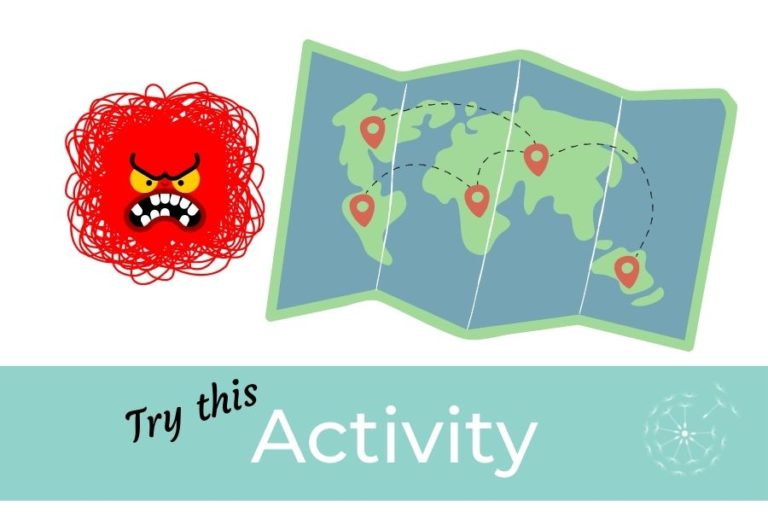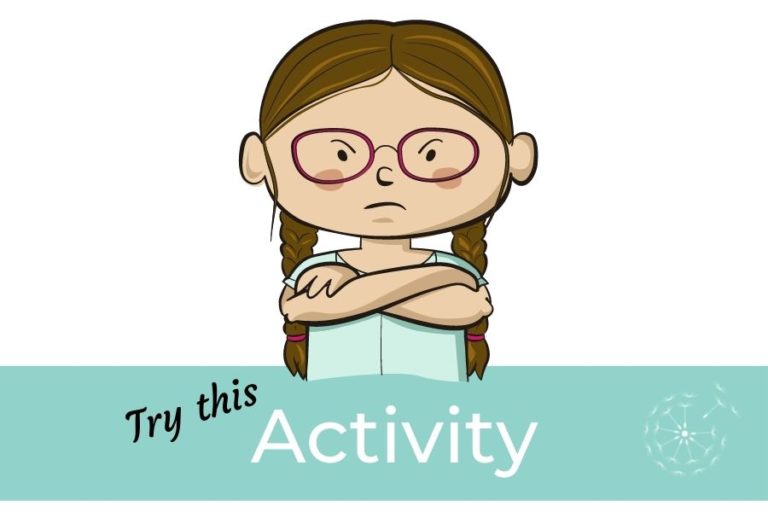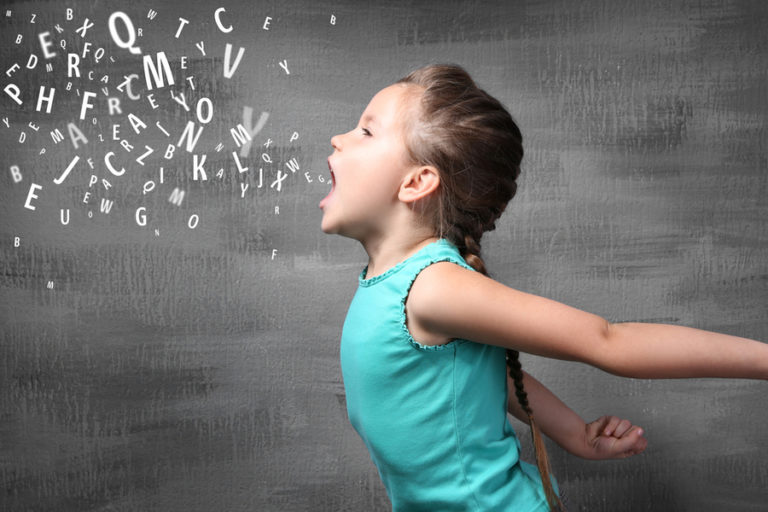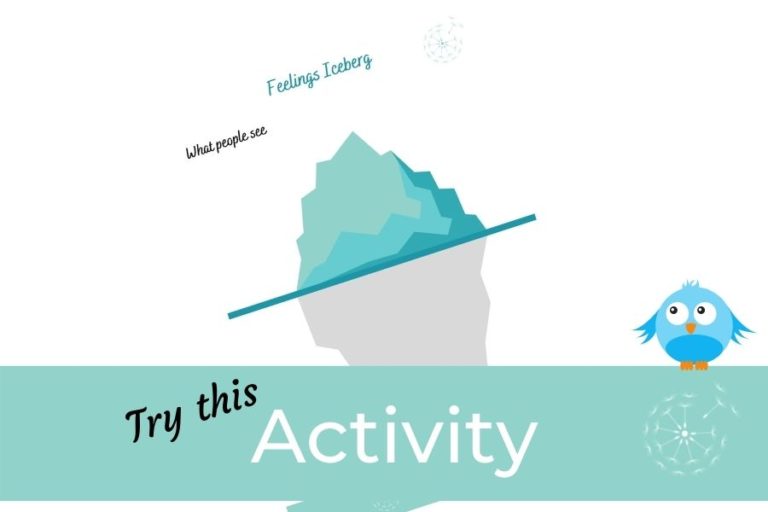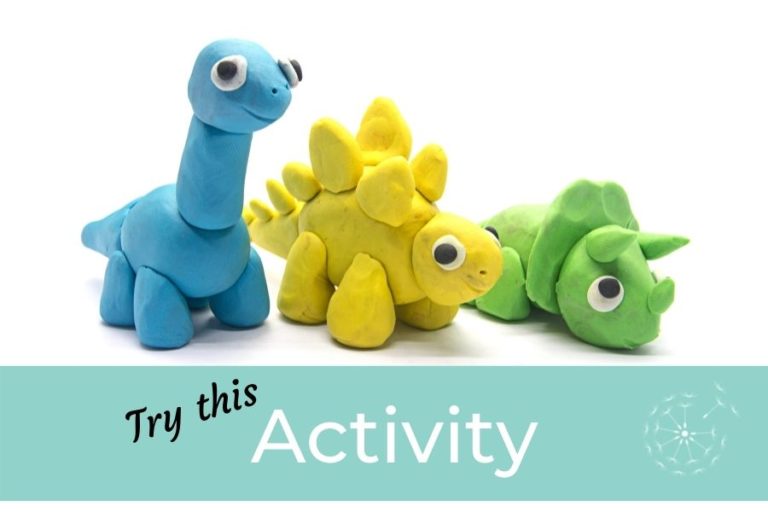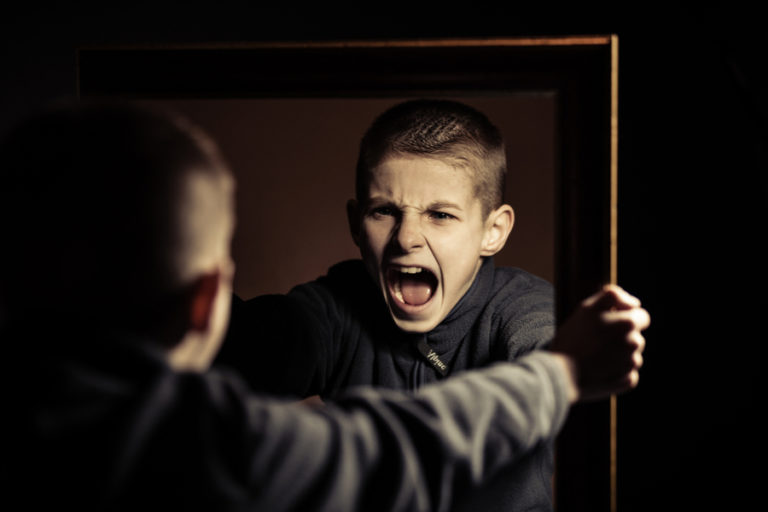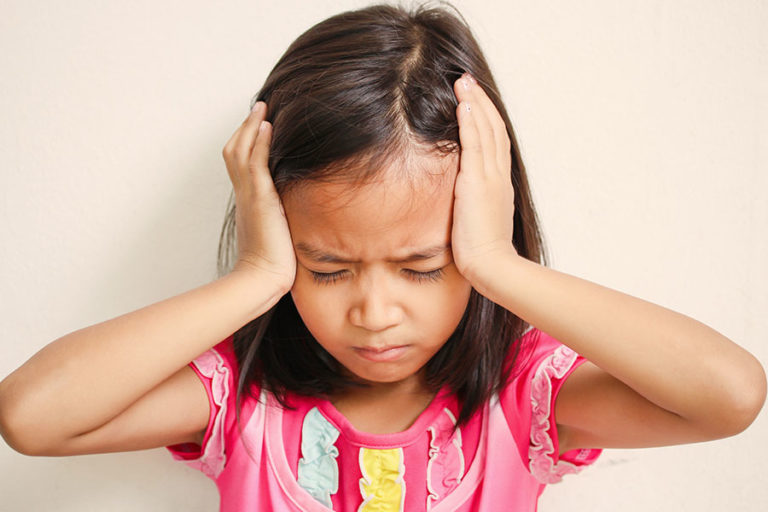Children’s Activity: Creating Anger Maps
Where does anger come from? Anger is a reaction which comes from the limbic system of the brain. This is the emotional hub of the brain. As part of this, the amygdala, which creates the fight-flight responses, will make a decision as to which reaction will be created when a trigger is identified. It is […]
Children’s Activity: Creating Anger Maps Read More »

